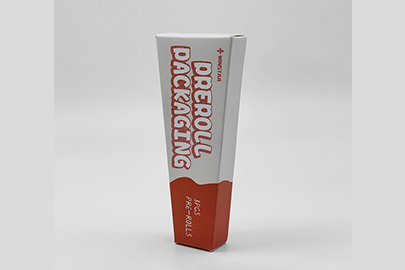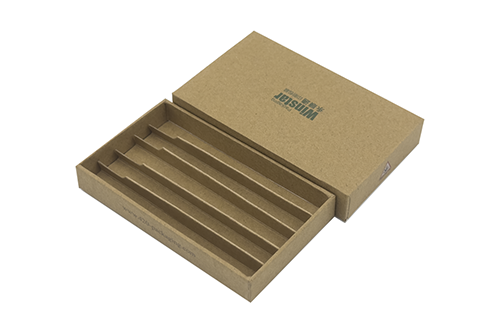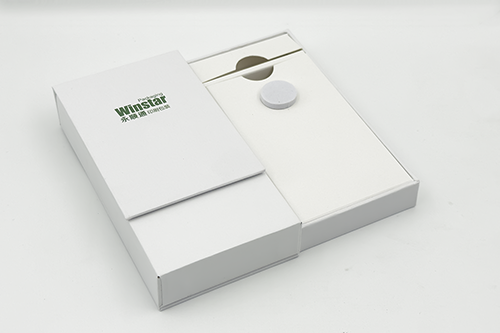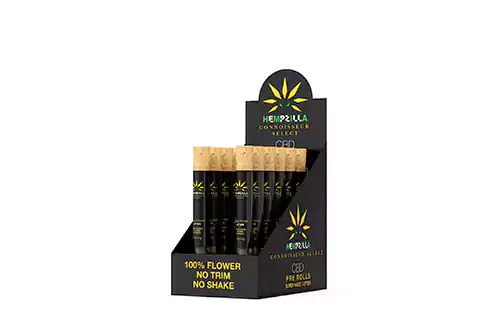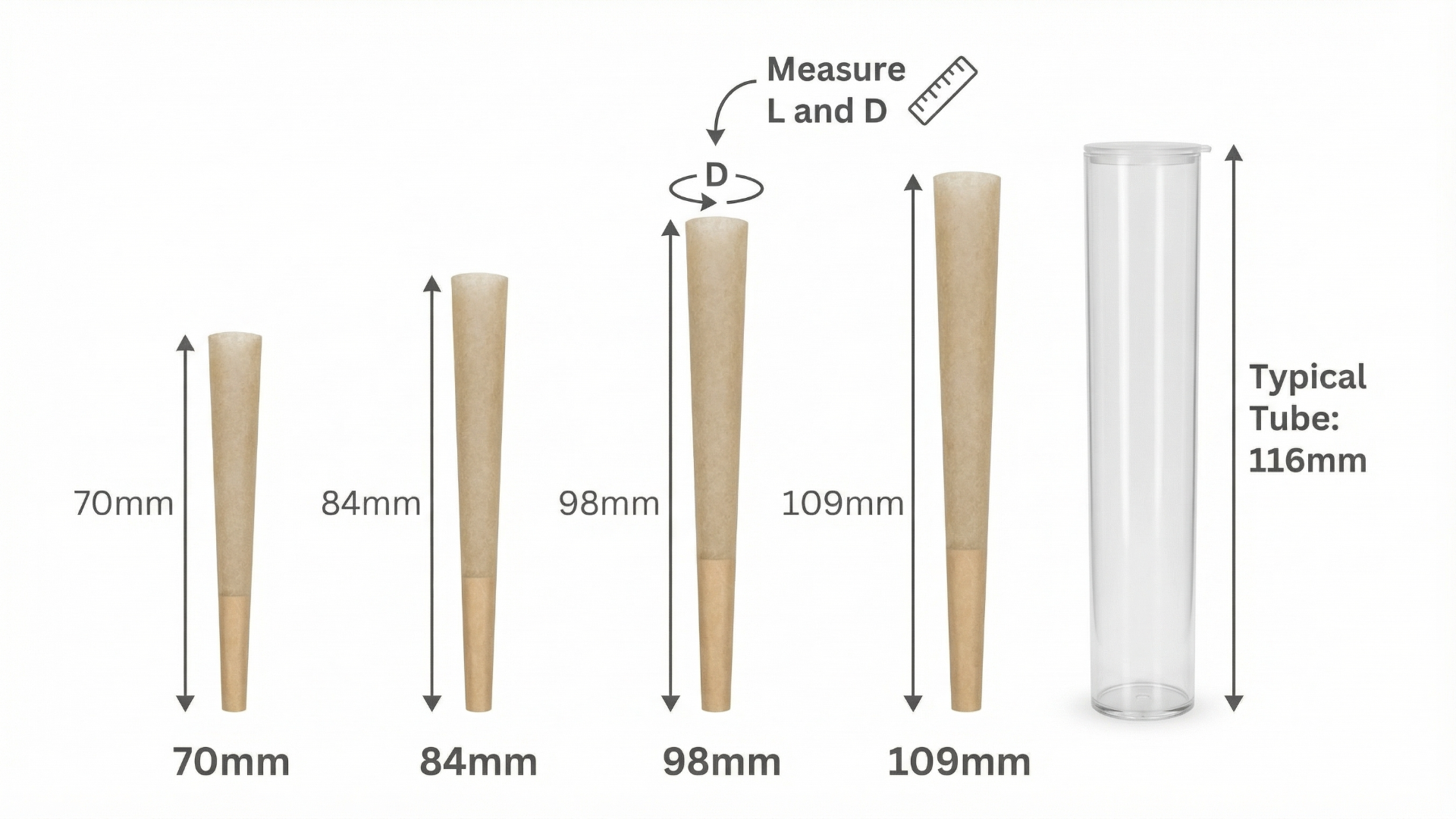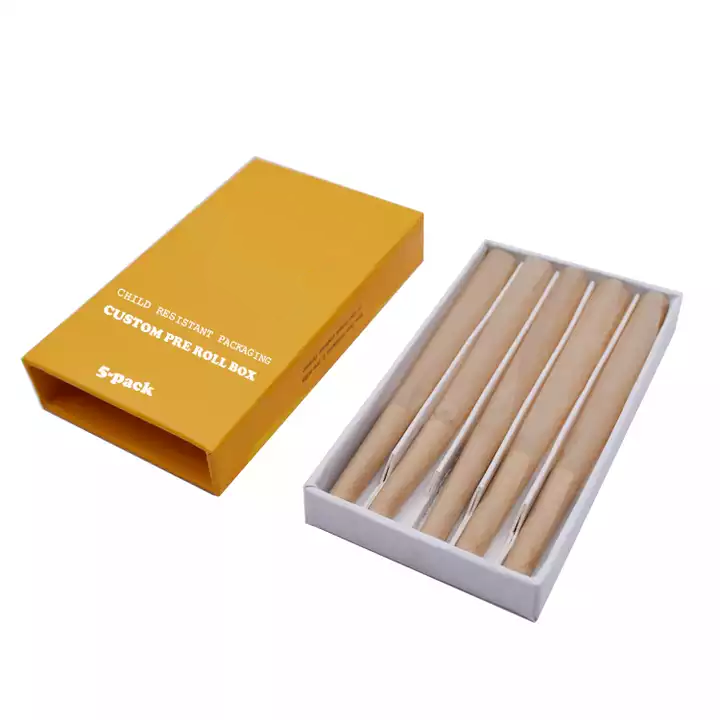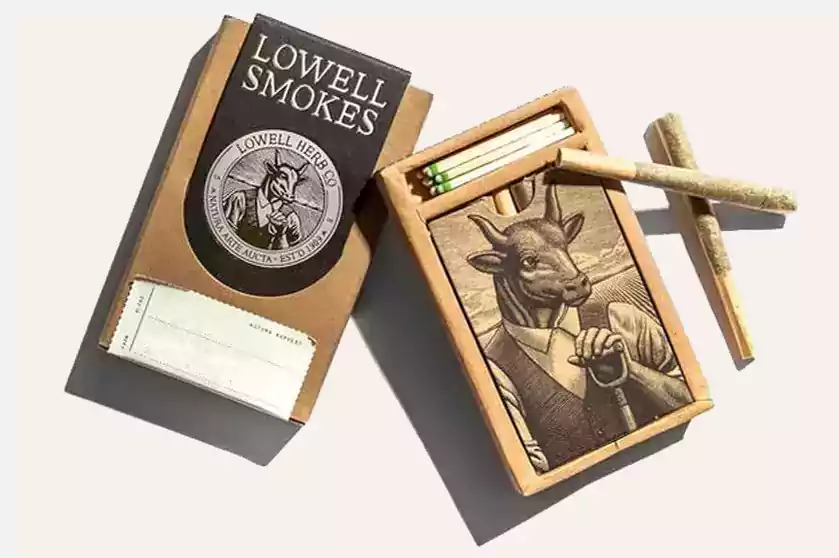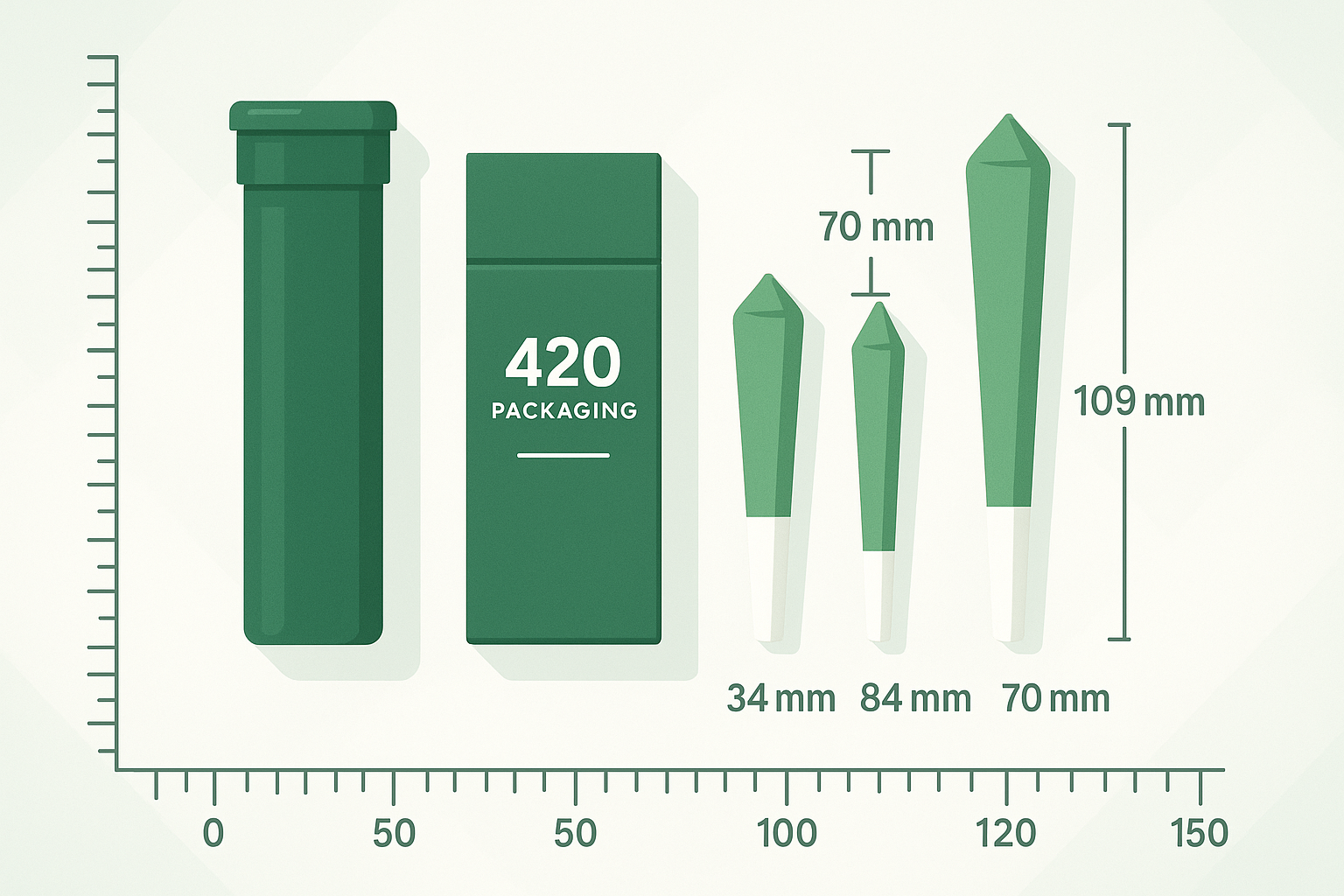As the cannabis industry continues to grow and evolve, so too do the regulations that govern it. One area that has seen significant development is the packaging and labeling of cannabis products, particularly pre-rolls. These convenient, ready-to-use joints have become a staple in the cannabis market, appealing to both newcomers and seasoned consumers alike. However, navigating the patchwork of state laws and regulations regarding pre-roll packaging can be a daunting task for businesses and consumers. In this blog post, we'll delve into the various policies across the United States and what they mean for the industry.
The Importance of Packaging Regulations
Packaging regulations for pre-rolls and other cannabis products are essential for several reasons. They ensure the safety and quality of the product, prevent access by minors, and provide consumers with clear information about the contents and potency of the cannabis they are purchasing. With each state having its own set of rules, staying compliant can be a moving target for cannabis businesses.
State-by-State Breakdown
California: The Golden State has some of the strictest packaging regulations. Pre-rolls must be sold in child-resistant packaging, and the packaging cannot be appealing to minors. Additionally, labels must include detailed information about THC and CBD content, as well as warnings about the health effects of cannabis use.
Colorado: Known for its pioneering cannabis laws, Colorado requires pre-rolls to be packaged in a way that is opaque and resealable, with clear labeling about the product's contents and potency. The state also mandates that packaging must not be attractive to children.
Oregon: Oregon's regulations focus on the environmental impact of packaging. The state encourages the use of sustainable materials and has specific requirements for how pre-rolls should be packaged to minimize waste while still ensuring child safety.
Washington: Washington state requires that pre-rolls be packaged in a child-resistant manner and that the packaging is not appealing to minors. The state also mandates that labels include batch numbers, serving sizes, and expiration dates.
Nevada: In Nevada, pre-roll packaging must be child-resistant and tamper-evident. The state also requires that the packaging is not transparent and that it includes information about the product's testing results.
Massachusetts: Massachusetts has detailed regulations about the size and typeface of the text on pre-roll packaging, ensuring that consumers can easily read the product information. The state also requires that packaging is child-resistant and not appealing to minors.
Illinois: Illinois's packaging regulations for pre-rolls include the requirement for child-resistant packaging and the inclusion of a universal symbol indicating that the product contains cannabis. The state also mandates that the packaging is not attractive to minors.
The Challenges of Compliance
For cannabis businesses, keeping up with these varying regulations can be challenging. The cost of compliance can be significant, with businesses needing to invest in packaging design, materials, and labeling technology that meets the standards of each state in which they operate. Additionally, the need for child-resistant packaging can sometimes conflict with the desire for sustainable and eco-friendly options.
The Future of Pre-roll Packaging
As the cannabis industry matures, we can expect to see more standardization in packaging regulations across states. Advocacy groups and industry leaders are pushing for uniform regulations that would make compliance easier and reduce the burden on businesses. Moreover, there is a growing emphasis on sustainable packaging solutions that meet both regulatory requirements and environmental goals.
In conclusion, pre-roll packaging policies across the United States are diverse and complex. For businesses and consumers alike, staying informed about the latest regulations is crucial. As the industry continues to evolve, we can hope for clearer, more consistent regulations that benefit all stakeholders while ensuring the safety and quality of cannabis products.

